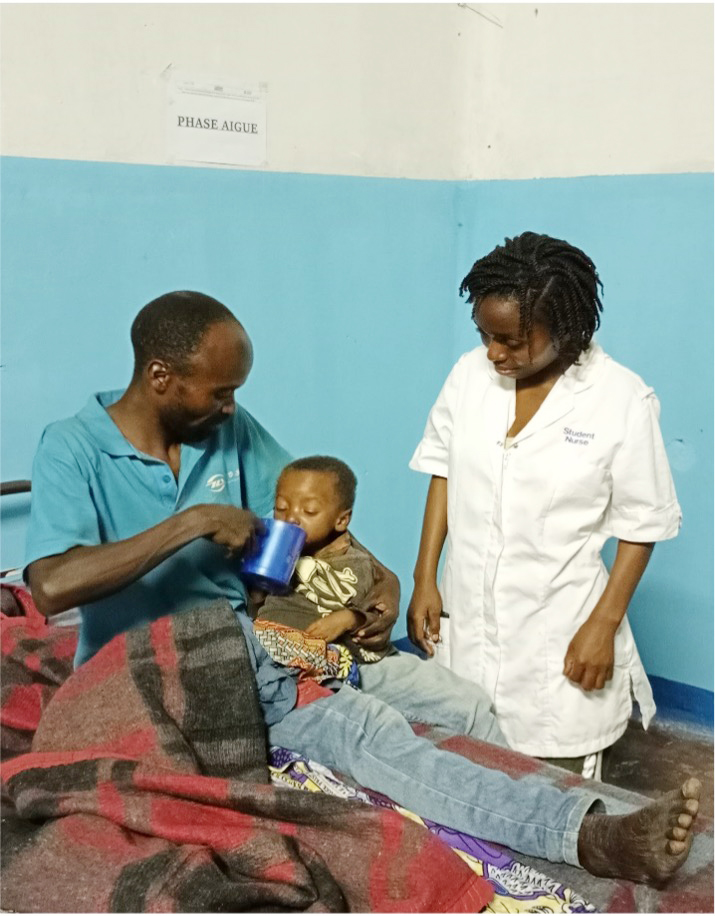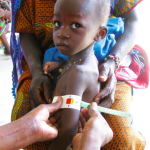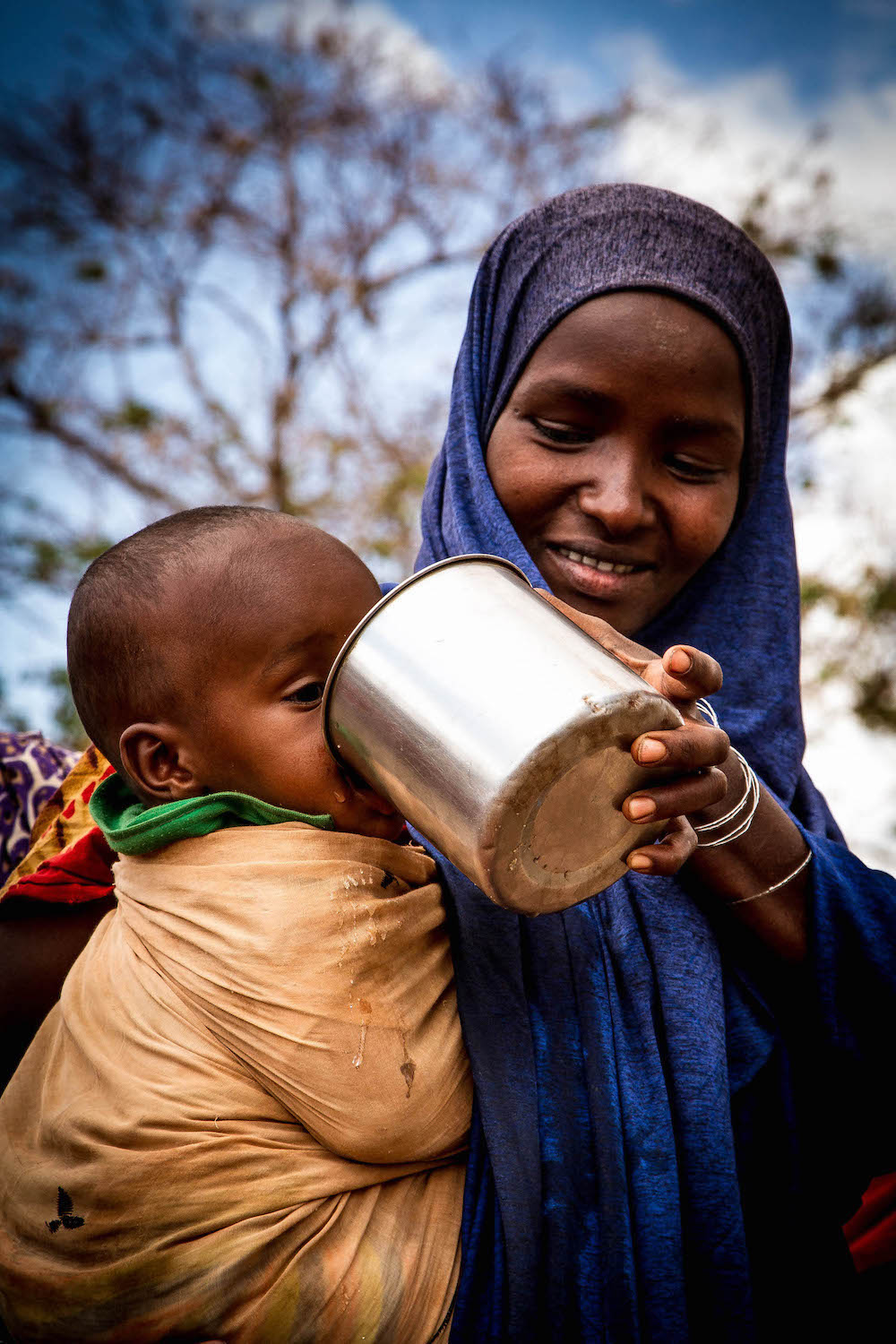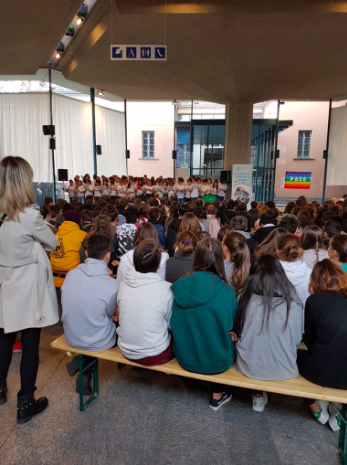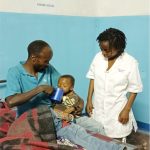Hana lives in a small village bordering the Upemba Park.
She lives with her husband and five children in a mud-brick house a dozen kilometers from Mitwaba, the nearest town.
Going to the market to get food means walking along bumpy paths: The Upemba Park area, like most of Congo's regions, has been the scene of armed conflict between various groups for more than 20 years, destroying the infrastructure and isolating families, who now struggle for food in order to survive.
"I couldn't go on feeding only foufou * (polenta made with manioc or maize flour) to my children, I already risked losing Hado, who weighed as much as a five-year-old at the age of two and wasn't growing. So, my husband, together with the men of the other families who live near us, used to go to the nearby park from time to time to hunt for animals," says Hana.
“"We know it is forbidden and dangerous, we were told that the animals in the park are protected species and the guards can catch and arrest you, but until recently we had no alternative. Lately, several humanitarian organisations have come and helped us by bringing us food and looking after our children.
When I met COOPI, I was asked what I needed and together we realised that instead of giving me food like flour, oil or sugar, it would be better if they gave me animals. Chickens to raise can be useful not only to have meat to eat but also to sell," Hana continues.
We gave Hana and her husband 12 hens and 2 roosters. They have been breeding them and for a few weeks now Hana has had a stall at the market where she sells not only chicken meat but also the food she prepares herself. With the money she earns, she buys vegetables, fruit and cereals she needs to ensure her children have a full meal.
In the Mitwaba area, around the Upemba Park, more than 315.000 people are experiencing a serious food crisis and have no choice but to exploit the resources of the nearby Upemba National Park to find something to eat, resorting to poaching and collecting wild vegetables, upsetting the balance of the fauna and flora.
COOPI Suisse's aim is to provide 190 families with a livelihood while at the same time protecting the park's natural ecosystem. A total of 1.140 men, women and children from the beneficiary families are receiving our support. We provide the families with small animals and seeds so that they can start farming and pastoral activities that not only meet their food needs but also generate income.

